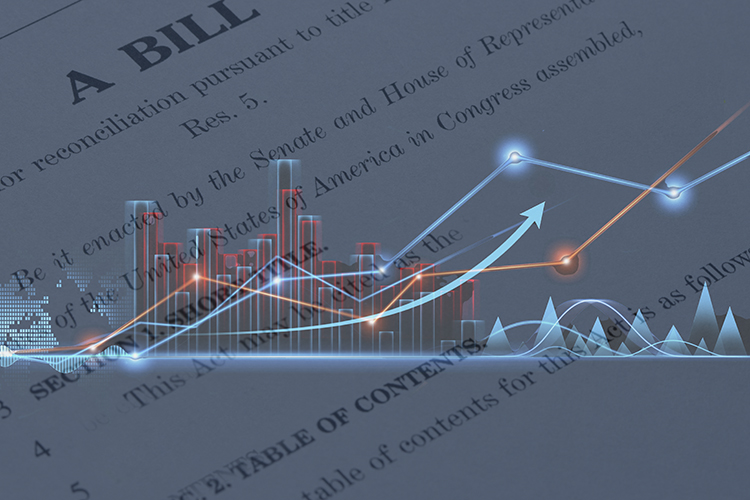
Nothing happens in a bubble, and that is especially true with legislation. As dairy and agricultural policy leaders begin work on the next farm bill and other ag legislation, they will be dealing with a complex political landscape plagued by pandemic recovery, almost certain recession, and deep division. That context matters to the legislators who will be weighing priorities, evaluating budgets, and attempting to put their party in a favorable light for the 2024 elections as they develop and vote on this and other ag policies.
“If the economy was booming and inflation was trivial and trade was great and everything you can think of was wonderful, we’d have quite a different discussion than if things are heading in the other direction,” said Andy Novakovic on the January 11 Hoard’s Dairyman DairyLivestream. It will likely be an uphill battle for legislators to agree on what the problems are, much less the solutions, continued the Cornell University professor emeritus.
Context is important. However, we must also remember that not all action can or does come from federal legislation. Regulatory work, state legislation, and industry initiative can all drive change, advised Novakovic.
One example of regulatory change he gave was the potential for federal order hearings. While the status of a national evaluation is still murky, there is movement in the Southeast region that illustrates some consensus, Novakovic said.
More likely to impact dairy producers in the coming months is state legislation. Farmers in places including New York and California know just how much influence state governments can exert over labor laws, for instance. Setting work week limits, wage floors, and other requirements allows state lawmakers to greatly impact the day-to-day operations of the businesses they represent.
That’s also true for environmental issues, which often have roots at more local levels than the federal government and attract regional attention. Said Novakovic, “We need to recognize that states have roles in environmental rules and a variety of things that impact dairy and might be more inclined to get involved with some stuff than the federal government.”
Along those lines, he continued, not everything is going to be done by governments. There is a lot of private industry initiative that can affect change. Consider that dairy co-ops work to coordinate production with sales and that price and income risk programs have largely been led by private companies. There’s also likely to be more private work moving forward in the environmental space.
What does this reality mean for dairy farmers and the industry in what will be a challenging congressional year? “Be involved in your organizations. Try to know what’s going on, and to the extent you think you have an idea, be involved in that as much as you can,” said Novakovic. Advocate with your representatives at the state level and recognize what they have the authority to do and not do.
Though it may seem difficult at times, don’t give up on the legislative processes to develop positive change, said Novakovic. After all, each interaction with your representatives is an opportunity to inform and build relationships, no matter the immediate outcome.
To watch the recording of the January 11 DairyLivestream, go to the link above. The program recording is also available as an audio-only podcast on Spotify, Google Podcasts, Apple Podcasts, and downloadable from the Hoard’s Dairyman website.








